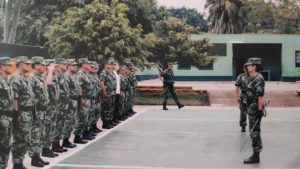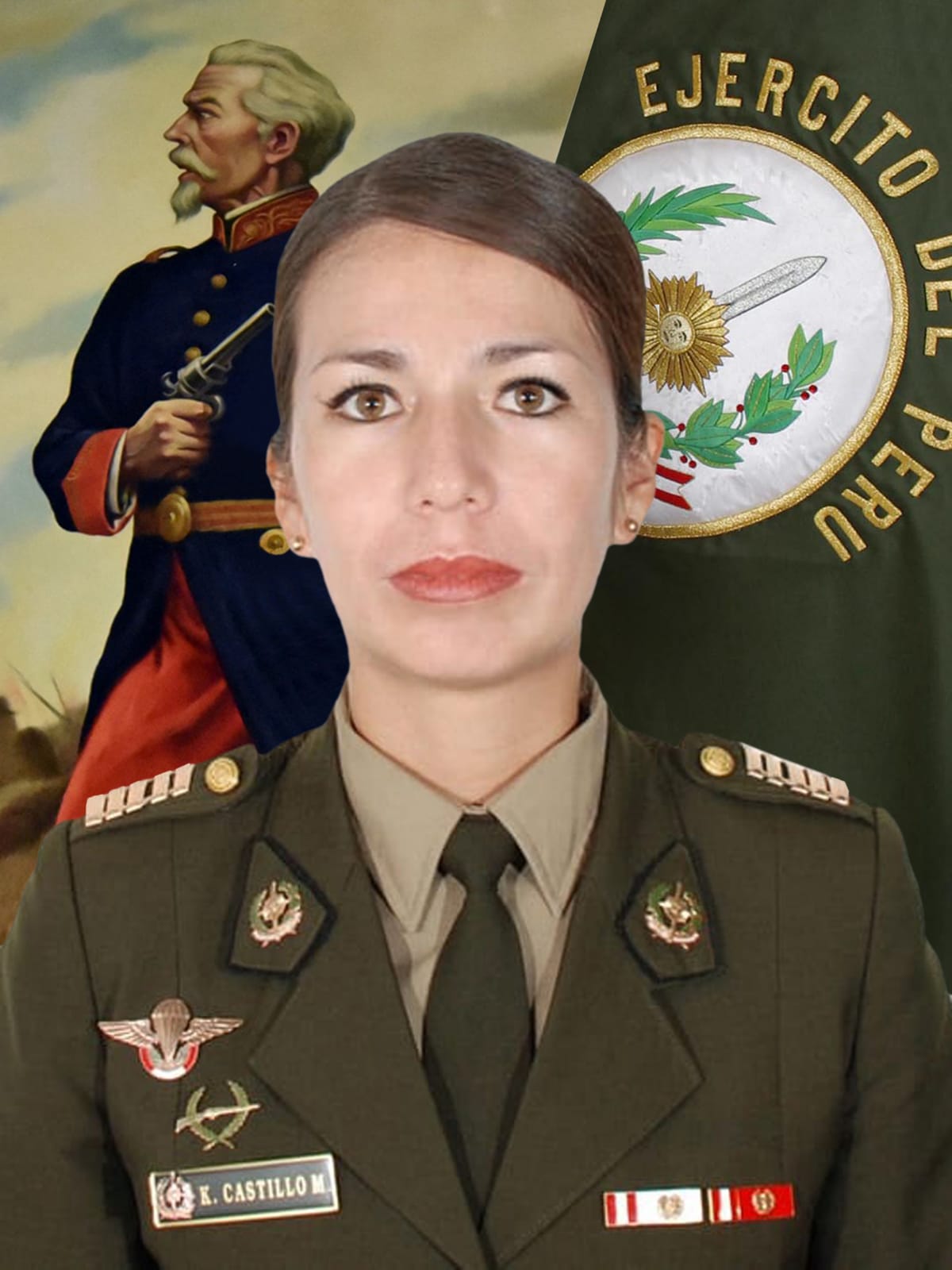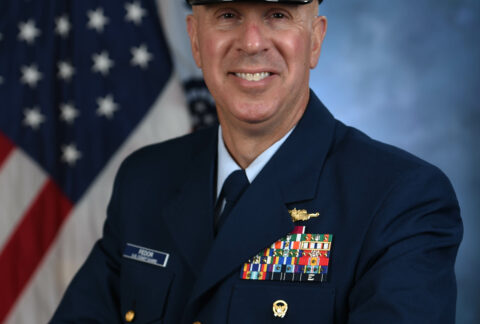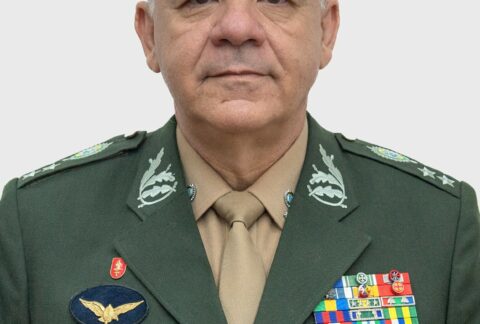The inclusion of women in the Peruvian Army is a growing institutional trend. The military institution formally opened its doors to women in 1997, with the adoption of Law 26628 in 1996, allowing women to enter the Armed Forces’ training schools for officers and noncommissioned officers.
Lieutenant Colonel Katherine Castillo Mormontoy, who graduated with the first class of women, is the first woman to belong to the Peruvian Army’s General Command Secretariat Advisory Committee. Diálogo spoke with her about her military life and her progress in the military institution.
Diálogo: You are the first woman in the Peruvian Army to be a member of the Army’s General Command Secretariat Advisory Committee. What does this position mean to you?
Lieutenant Colonel Katherine Castillo Mormontoy: This is the first time that a woman joins the General Command Secretariat Advisory Committee, and it definitely represents a great commitment because the result of this experience will probably create a precedent so that other women can serve in these positions and we can show that we have the sufficient and necessary professional skills to do a good job and play a proper role.

Diálogo: What does your role on the committee consist of?
Lt. Col. Castillo: The committee advises the institution’s command on internal operational issues and on external issues, basically in negotiations with other state activities or private entities. We are in charge of carrying out a variety of studies and we present recommendations to improve the proper functioning of the institution. I believe that we act as coordinators because many times the decisions of the Army’s commander general involve several branches of our institution, so we are the ones in charge of coordinating all his efforts and their results so that his decision is fully executed.
Diálogo: What are your main challenges in this position?
Lt. Col. Castillo: I think that as a woman, initially, it’s to try to carry out my role in the most professional way possible because for me it would be a great satisfaction to have women appointed to this committee in the coming years. Also, as a member of the Advisory Committee, another challenge is to ensure that some of our recommendations have a positive impact on the functioning of our institution.
Diálogo: What do you consider to be your greatest challenge as a woman in the Peruvian Army?
Lt. Col. Castillo: My class is the first class of female officers to graduate from the Chorrillos Military School more than 20 years ago. Entering the Military School for the first time was the first challenge we had to face. But there is something I have to be grateful for: the Peruvian Army opened its doors from the beginning, gave us the weapons and the necessary tools so that we could perform properly. Today, with great pride, I can say that in the Peruvian Army, there are currently female commanders who have been working as unit chiefs just like men. What’s more, at this moment my sister, who was promoted to commander this year, is the first unit commander who works in a border zone that is in Caballococha, which is the border between Colombia, Brazil, and Peru, and she’s doing it very professionally.
Diálogo: What is your dream or the goal you want to reach within the Peruvian Army?
Lt. Col. Castillo: If we were to talk about a personal goal, I think that, like any other military officer, it’s continuing to advance in the military career, having the opportunity to assume this type of role or position, where one can demonstrate one’s professional skills and be able to take on challenges, because this is really what our profession is all about, having a job, the way to face it, analyze it, and give the best of ourselves so that it can have a positive impact, because ultimately it not only has an impact on ourselves, but also on the institution and all those of us who are part of it.
Diálogo: In 20 years of military service, how do you see the advancement of women and the gender issue within the Peruvian Armed Forces?
Lt. Col. Castillo: Definitely very widespread, very much promoted. At present there are no limitations for the assignment of positions and responsibilities. Currently, the Army Personnel Directorate has a gender department where they, through a series of institutional policies, seek to promote this situation. I believe that in 20 years we’re going to develop much more than we are at the moment in this field.
Diálogo: How do you combine military life with your personal life?
Lt. Col. Castillo: I think that has also been one of the great challenges that I’ve had to face as a military officer. I’m a married woman; I’ve been married for 18 years, and I have two beautiful children. I think that they probably deal with the hardest part, because as service members we are assigned to different areas of the country. However, I believe that when there is love, respect, and common ideals, we see a way to make it work. My husband currently serves as a unit commander in the 515th Jungle Battalion in Santa Teresa, Caballococha, in the northeast of the country and I work in Lima. However, we see a way to make our marriage work, because I believe that this is precisely what the balance between family and profession is about without having to give up any of the two things that one loves, because I believe that we can do it together.









